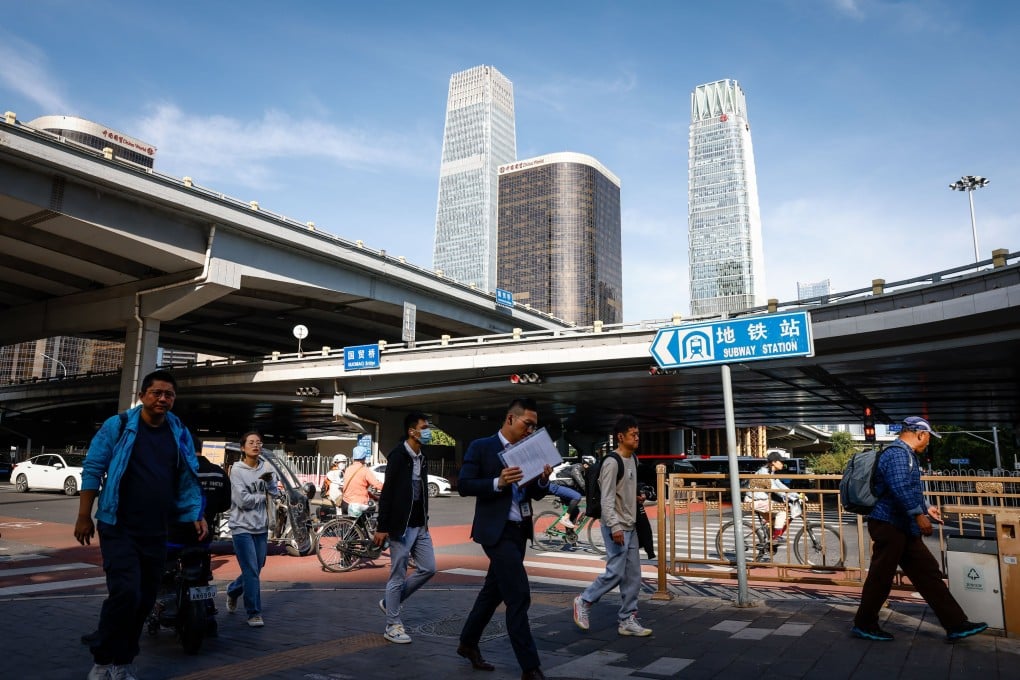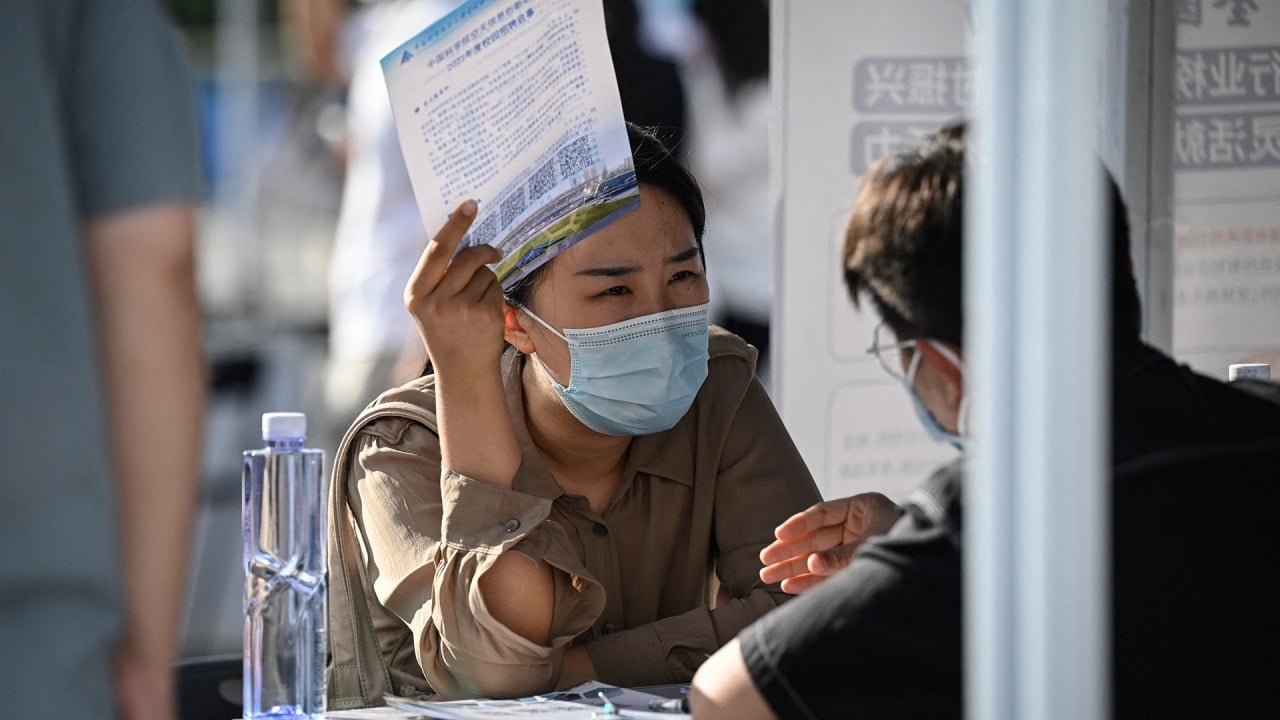Advertisement
China’s future economic growth rests on realising decade-old reform goals, think tank chief says
- Chi Fulin tells the International Forum on China Reform in Hainan that China has fallen short of various targets, including capital account convertibility, set in 2013
- Chi’s call comes as private sector and foreign investment confidence in the economy weakens
Reading Time:2 minutes
Why you can trust SCMP
0

Mandy Zuoin Shanghai
China has failed to achieve some major economic goals set a decade ago and needs to press on with reforms to reach them, a prominent pro-market researcher said on the weekend amid concerns about the increasingly state-led economy.
Calling for bolder changes to boost the country’s lacklustre post-Covid growth, Chi Fulin, president of the Hainan-based China Institute for Reform and Development, said there had been a lack of substantial progress in goals set out in a national strategy in 2013, including capital account convertibility.
“Economic growth remains the key to solving all problems in China,” Chi told the International Forum on China Reform in Hainan province on Saturday, adding that further reform is where the “shoe pinches”.
Chi’s assessment is the latest call for more reforms ahead of the third plenum of the Communist Party’s Central Committee, a meeting usually held every five years to send important signals on the economy. A date has not been released for the gathering.
It also comes after the sudden death on Friday of former premier Li Keqiang, who pursued market-oriented reforms and foreign investment, and sought to cut government waste.
Chi, a former member of the country’s top political advisory body, said that since the third plenum in 2013, the first under Xi Jinping as state leader, China’s development had been hindered by poor implementation of certain reforms pledged at that meeting.
Advertisement
